At the workshop “Cross-border payments and online loans: Digital utilities for business and consumption” organized by Lao Dong newspaper on the afternoon of September 11, Mr. Vu Ngoc Son - Head of Research, Consulting, Technology Development and International Cooperation, National Cyber Security Association - said that along with the explosion of international payment systems, the risk of cyber security and personal data infringement in the field of international payments is also increasing.
The most common motivation for hackers is financial gain. In addition, transaction data and personal information in these systems are very valuable in the underground market, and can be used for fraud, blackmail, or sold to other criminal organizations.
Some attack groups also have political or sabotage motives, aiming to cause loss of confidence in the global financial system, weakening the reputation of a country or organization.
In addition, the complex nature and multi-dimensional connectivity of international payment systems make them vulnerable to security vulnerabilities, while security levels vary between countries.

According to Mr. Vu Ngoc Son, hackers also take advantage of the huge transaction volume to launder money or hide traces, making it difficult to detect unusual transactions.
According to expert Vu Ngoc Son, these events show that cyber security in the financial and banking sector is not "inviolable", requiring countries and businesses to invest more heavily in system security as well as protecting user data.
To prevent becoming victims of cyber attacks, Mr. Son recommends that financial institutions and businesses need to update and patch software urgently, apply multi-factor authentication (MFA); build an AI-based system to monitor unusual transactions and control risks; periodically audit and assess the security of partners and third parties to ensure all connections are secure; and train employees to raise awareness of cyber security.
For individuals, users need to be careful when receiving strange emails and messages related to international payments; avoid using public wifi when making financial transactions; use virtual cards or limited e-wallets to reduce risks.
"The lesson is that no system is absolutely safe. Only by synchronously combining advanced technology, strict security management, human training, perfecting the legal framework and enhancing international cooperation can we protect personal data and ensure the safety of the global payment system," expert Vu Ngoc Son noted.
Cross-border payments will flourish
At the workshop, Mr. Nguyen Hoang Long, Deputy General Director of the National Payment Corporation of Vietnam (Napas), said that since 2022, the unit has connected bilateral payments between Vietnam and many ASEAN countries such as Thailand, Cambodia, Laos, Indonesia, Singapore... allowing people on both sides to make direct payments in local currency.
Napas is completing its connection with China, allowing Chinese tourists to use its app and their domestic bank accounts to make direct payments in Vietnam. The system is expected to be tested in the last three months of the year.
At the same time, coordinate with the Chinese side to prepare the technical infrastructure for the opposite direction - that is, allowing Vietnamese users to use domestic bank accounts and applications to make payments in China. The goal is to officially deploy from the beginning of 2026.
Ms. Nguyen Thi Thu, Deputy Director of the Payment Department (State Bank), shared specific figures on bilateral payment transactions using QR codes with a number of countries.
Accordingly, as of July 2025, bilateral QR transactions recorded more than 56,000 transactions with Thailand (total value of nearly 49 billion VND), more than 3,000 transactions with Laos (2.4 billion VND) and about 920 transactions with Cambodia (520 million VND).
The State Bank said it will continue to expand connections with India, Taiwan (China), Malaysia, Indonesia... to meet cross-border payment and money transfer needs.

Source: https://vietnamnet.vn/tin-tac-nham-vao-ngan-hang-du-lieu-ca-nhan-cua-nguoi-dung-bi-ro-ri-2441601.html



![[Photo] President of the Cuban National Assembly visits President Ho Chi Minh's Mausoleum](https://vphoto.vietnam.vn/thumb/1200x675/vietnam/resource/IMAGE/2025/10/1/39f1142310fc4dae9e3de4fcc9ac2ed0)
![[Photo] Hanoi morning of October 1: Prolonged flooding, people wade to work](https://vphoto.vietnam.vn/thumb/1200x675/vietnam/resource/IMAGE/2025/10/1/189be28938e3493fa26b2938efa2059e)


![[Photo] Keep your warehouse safe in all situations](https://vphoto.vietnam.vn/thumb/1200x675/vietnam/resource/IMAGE/2025/10/1/3eb4eceafe68497989865e7faa4e4d0e)


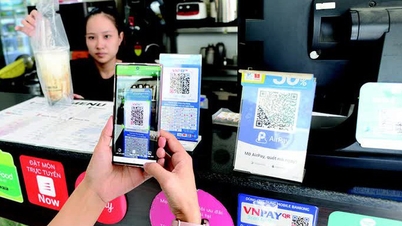



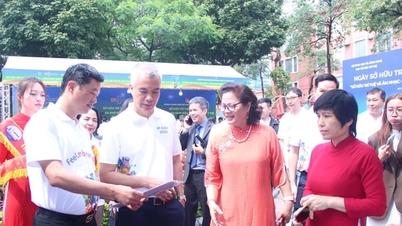



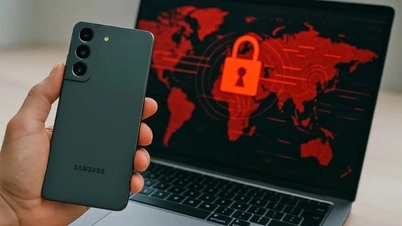
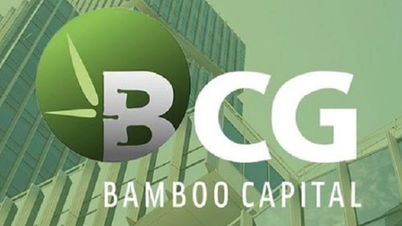

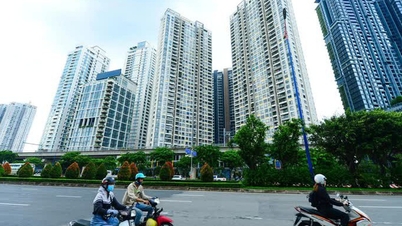
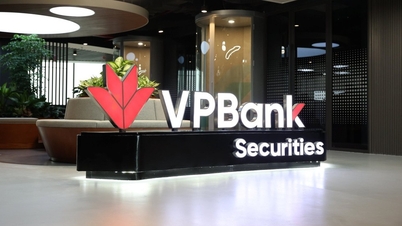
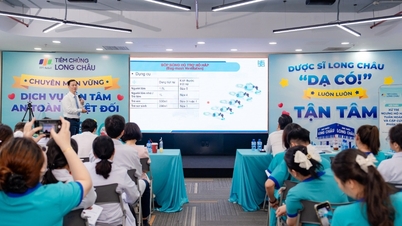



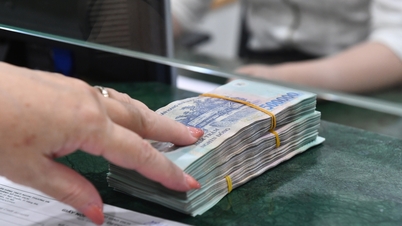




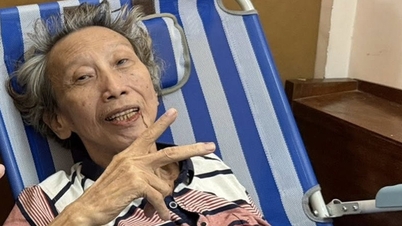















































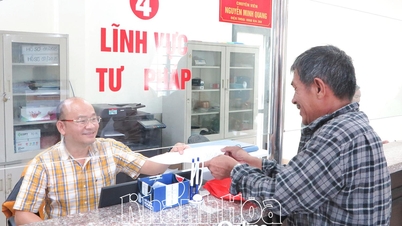
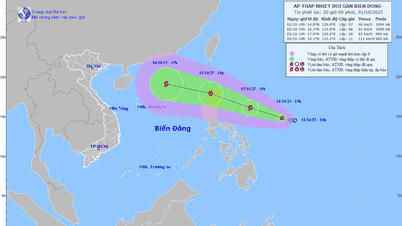

















Comment (0)